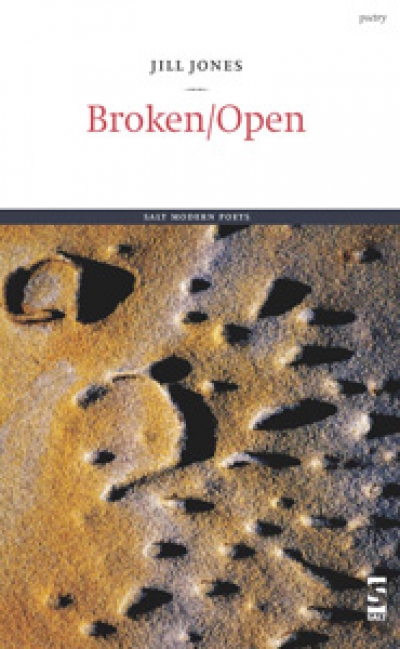Accessibility Tools
- Content scaling 100%
- Font size 100%
- Line height 100%
- Letter spacing 100%
Jill Jones
The ABR Podcast
Released every Thursday, the ABR podcast features our finest reviews, poetry, fiction, interviews, and commentary.
Subscribe via iTunes, Stitcher, Google, or Spotify, or search for ‘The ABR Podcast’ on your favourite podcast app.
The red thread: Xi Jinping’s ideology of power
by Neil Thomas
This week on The ABR Podcast, Neil Thomas reviews On Xi Jinping: How Xi’s Marxist Nationalism is shaping China and the world by Kevin Rudd. Thomas explains that even China watchers find it hard to be clear on the thoughts and plans of the leader of the Chinese Communist Party. They disagree, he tells us, on basic, critical questions, such as for how long Xi will rule. ‘Enter Kevin Rudd’, Thomas writes. ‘In his latest book, former prime minister Kevin Rudd adds a worthy new chapter to his life of public service, digesting thousands of pages of “Xi Jinping Thought” so that you do not have to’. Neil Thomas is a Fellow on Chinese Politics at Asia Society Policy Institute’s Center for China Analysis in Washington DC. Here is Neil Thomas with 'The red thread: Xi Jinping's ideology of power' by Neil Thomas, published in the December issue of ABR.
Recent episodes:
Out Of The Box: Contemporary Australian gay and lesbian poets edited by Michael Farrell and Jill Jones
This is a song of the white.
The multitude or the pattern.
The rose or the wind.
A woman who begins,
a woman who disappears.
a woman drinking blossom’s shadow.
You’ve heard this story before –
becoming unravelled in Europe
or assaulted in some roadhouse
but bold as nipples and booted.
Recovering with bourbon and red wine
in a soft room with a German
dissolving somehow at right angles
and falling off the frequent flyers list.
From Paul Salzman
Dear Editor,
It is a shame that allegations of plagiarism in The Hand That Signed The Paper were trivialised into questions of literary echoes that would certainly not have worried any serious member of that curious entity, the literary community. As someone deeply troubled by the anti-Semitism manifested in the novel, I have been interested to know where the Ukrainian material that ‘Demidenko’ defended as family history may have come from. Perhaps we will never know, but now it seems that the plagiarism issue was really something of a red herring, distracting attention from what was most disturbing about the novel and its attendant prizes. I cannot see that ‘postmodemism’, under any definition, could be blamed for this situation, given that the Miles Franklin judgment is based, I believe, on a bankrupt and outmoded humanism that sees abstract moral truth in literary works without having any sophisticated regard for politics or history.
... (read more)



